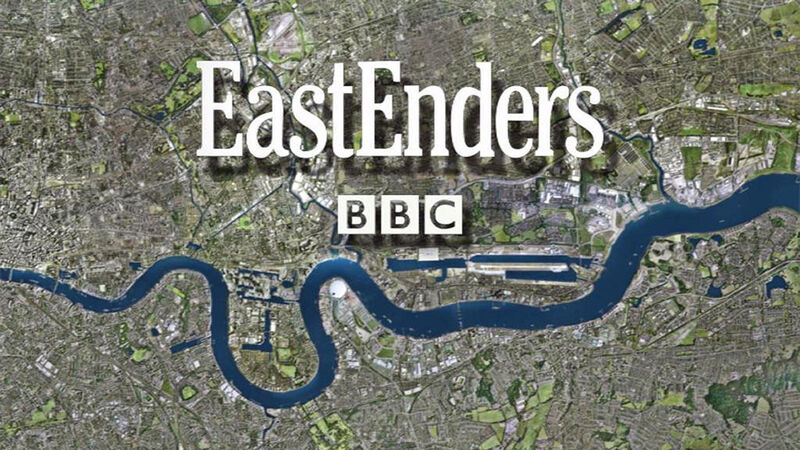EastEnders star reveals pitfalls of filming with Perspex screen

EastEnders star Adam Woodyatt has revealed the pitfalls of filming with Perspex screens.
The BBC One soap is returning, after lockdown forced it to go into hiatus, thanks to the use of screens, body doubles and CGI to film moments of “intimacy”.







